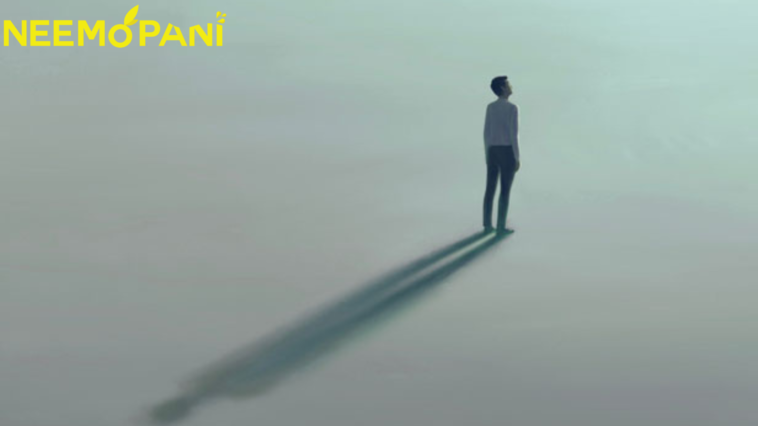US Surgeon General Vivek Murthy urged authorities to confront this issue of loneliness in the same manner that they tackle smoking and obesity on Tuesday, warning that, if left unattended, it might have even greater effects on health than smoking or using drugs.
The caution was part of a warning that also advised US residents to mingle more and open up to others since there are fewer people to speak to and fewer social ties.
In terms of social connection, “millions of people are currently telling us through their stories and statistics that their tank is running on empty,” he added.
In a piece that included personal reflections on his own feelings of loneliness, the Surgeon General stated: “So the bottom line is that this has to be a public health priority that we consider on par with tobacco, with substance use disorders, with obesity and other issues that we know profoundly impacted people’s lives.”
Despite the fact that the disruption of social cohesion has been on the rise since the 1970s for a variety of reasons, including changes in social norms, built environments, and, of course, technology, the advisory emphasised that the pandemic has only recently brought it to the fore.
In a 1970s survey cited by the advice, 45% of Americans claimed they could trust fellow Americans with certainty.
By 2016, the percentage had dropped to 30%. From 2003 to 2020, Americans spend 24 hours alone each month.
There were 10 hours less each month spent in person with friends. Teenagers engaged in internet engagement, but less so in person.
Home delivery businesses also have a daily interaction limit.
According to Murthy, loneliness is comparable to hunger or thirst in many respects. It is a typical aspect of the human experience. It’s a warning sign that our bodies give us when we don’t have anything vital to our existence.
Without drawing attention to the issue, hospitals may provide more care to patients with dementia and create a vicious circle of worry and melancholy.
Closures and lockdowns that made people remain too long at home and compromise people’s mental health further worsened social isolation.
As thousands of people were occasionally dying from the virus each day, Murthy added that decision-makers had to “make tough decisions with little information” at that time.
Newer concepts like remote working are not necessarily lonely, he said, and often enable individuals to spend more time with their young children or elderly relatives.
However, he claimed that considering the effects of some policies could teach us something.
However, as Murthy noted, “I think it’s important to understand the kinds of consequences that can result from the decisions we make, and I think we often think about financial consequences. But I don’t believe we consider the social repercussions of our choices enough.
He said that social isolation might have a greater impact and cause individuals to become less civically active. So, when you approach it that way, you begin to recognise that social connection is a big part of what keeps us going and enables us to participate fully in our lives and communities.
Following the publication of a column in which he detailed his experience, he received countless letters from readers sharing their own struggles.
Asim Azhar goes international with Norwegian collaboration
The desire for authenticity is shared by many individuals I meet throughout the nation and even beyond. They want to be able to be honest with others and want others to be honest with them, but doing so may be intimidating.
“We must acknowledge that part of that involves being able to show up as ourselves, being able to take a little risk in sharing with others, but also in listening to others, asking them how they are doing, and actually waiting, you know, for an answer.”





